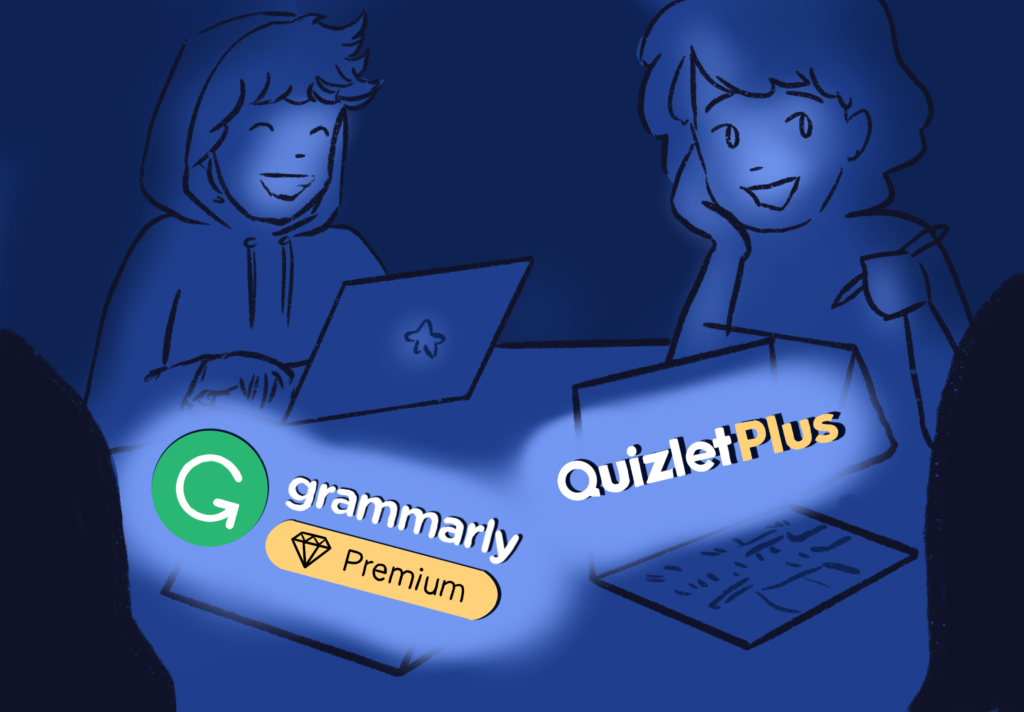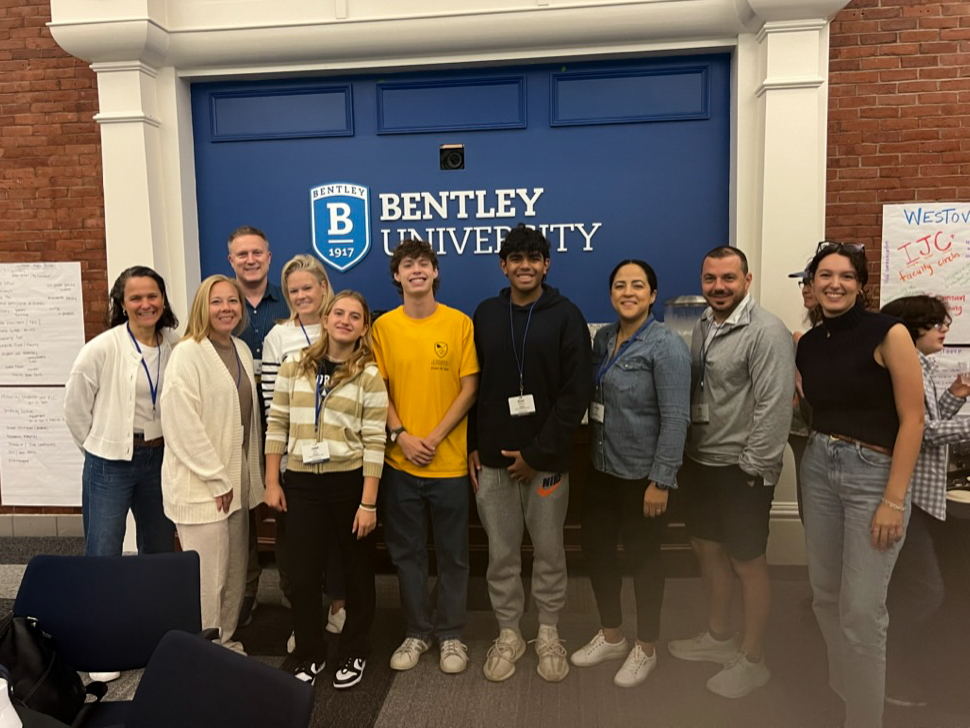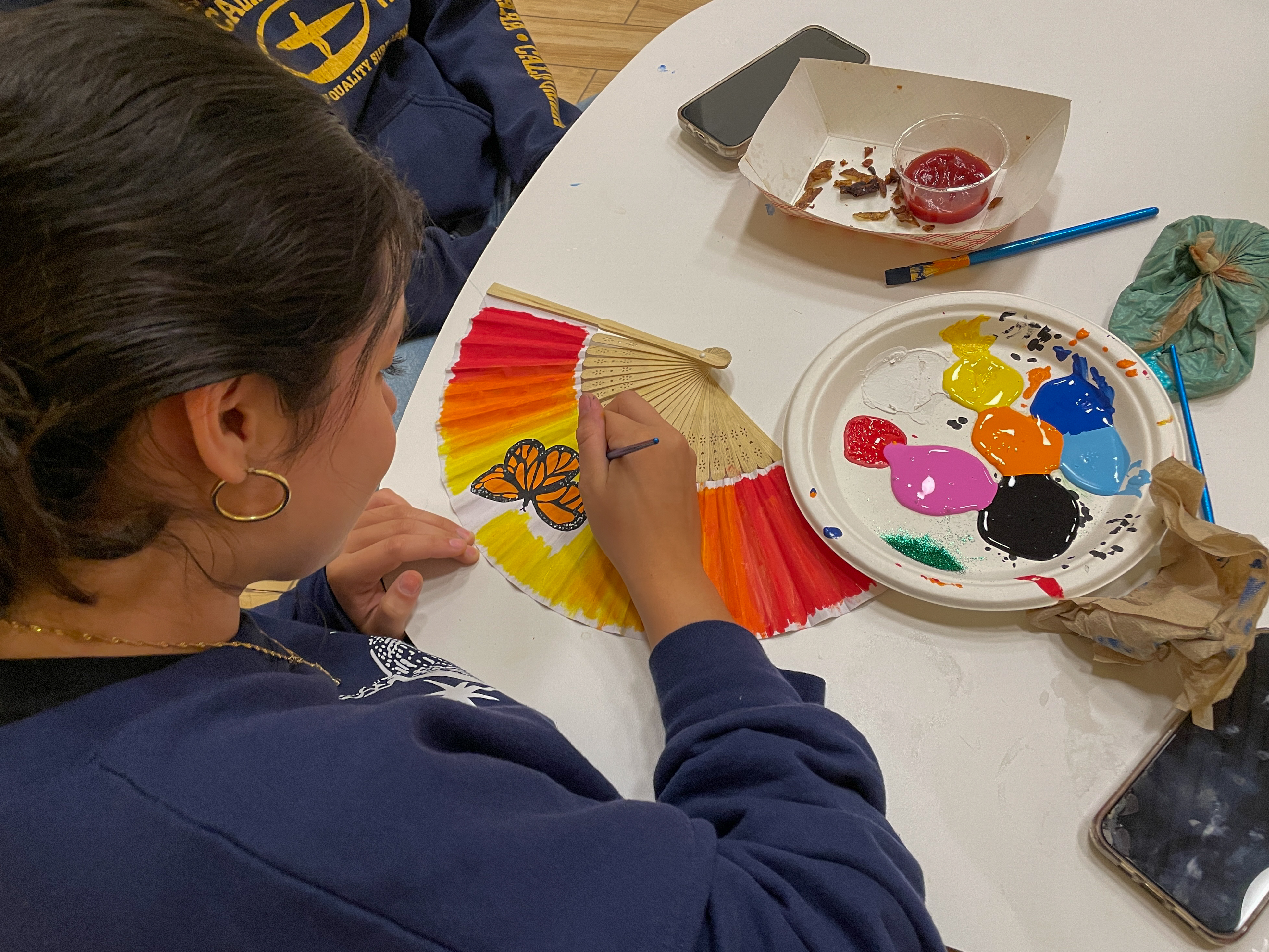On Tuesday, February 13, this year’s Pratt-Packard Declamation finalists shared their speeches with the Choate community during school meeting. This year’s winner was Medina Purefoy-Craig ’20, followed by Samantha Stevenson ’19, Hannah Huddleston ’19, and Sabastian Chacon ’19. The four finalists were chosen by a group of faculty members after submitting their speeches to the contest and making it through the semi-finals.
Mr. Ed S. McCatty, an English teacher, who is in charge of Pratt-Packard for the second year, described the contest as a long-standing tradition created because “Choate used to be known as a school that prided itself on public speaking.” He spoke of the great opportunity that the contest provides, but added that the most challenging aspect of the contest is “for the students to present their speeches in front of the whole school.” Nevertheless, each of the four finalists amazed the School by linking a personal story to the larger world.
Purefoy-Craig, the only sophomore among the Pratt-Packard finalists, spoke about her search for identity and the struggles that have come with such a pursuit. Purefoy-Craig’s speech was not solely written for the competition alone; she explained, “I originally had written part of my speech for an English assignment.” The prompt for the essay was, “Write about an epiphany you’ve had.” Because Purefoy-Craig so coherently wrote about the realization of her identity, her teacher, Ms. Brooke Fichera, encouraged her to expand the written work.
Stevenson took a different approach to her speech, talking about her 21-year-old brother Taylor, who lives with a mental disability that makes speaking and other activities difficult. She opened the speech with a story about shining a flashlight through a person’s hand, creating the analogy that many of us are alike despite how different we may appear on the outside. She explained, “We often judge people without taking a second glance.” Stevenson also recognized the unfair disadvantages that come with mental disabilities: “Taylor is inherently deprived of the life that everyone should be privileged to.”
Huddleston’s speech explored the idea of the United States’ image, answering the question, “What does it mean to be American?” She told an inspiring story about biking across the country and witnessing many different cultures and people. In one particularly powerful moment, Huddleston explained that she did not understand religion before meeting people who relied on it. In the end, she came to the conclusion that “it’s impossible to generalize a whole group of people.”
Chacon spoke of the gradual gentrification of Inglewood, California, a place that has been special to him for many years. He discussed the destruction of his hometown by wealthy people who pushed out the poorer Hispanic and Latinx community. Additionally, he spoke of the construction of an arena and football stadium in Inglewood; these additions would be constructed to appease tourists, but would destroy the homes of many people native to Inglewood. When speaking of the movement of Inglewood’s residents, he said, “These people don’t disappear or change. They only move.”
Chacon said that he decided to take part in Pratt-Packard because he was inspired by Richard Lopez’s ’18 speech from last year, as he saw it as an opening for voices of minorities. Chacon summed up this idea, saying, “I see something that I don’t find right, and I want to say something about it.”
The finalists’ speeches did not fail to mesmerize the Choate community; however, reaching the final product of these speeches did not come without difficulties. Chacon said, “I remember the day of the second round, and thinking, ‘I hate my speech.’” He then strove to make his speech more empowering by making it more personal, despite the emotional challenge he had with putting such a spotlight on Inglewood. Once he reworked his speech and made it to the PMAC Main Stage, he said, “When I was up there, everything felt right.”
Stevenson faced a different challenge in the competition, which was the delivery of her speech to the community. She was worried how her speech would be accepted, as well as how it would compare to the others in the competition. “In the end, you just have to do the best that you can do regardless of others,” she said.
While Purefoy-Craig’s speech began as an English assignment, the final speech was the product of three drafts. In terms of the challenges she had in the contest, she said, “The hardest part was the emotional aspect of it.”





